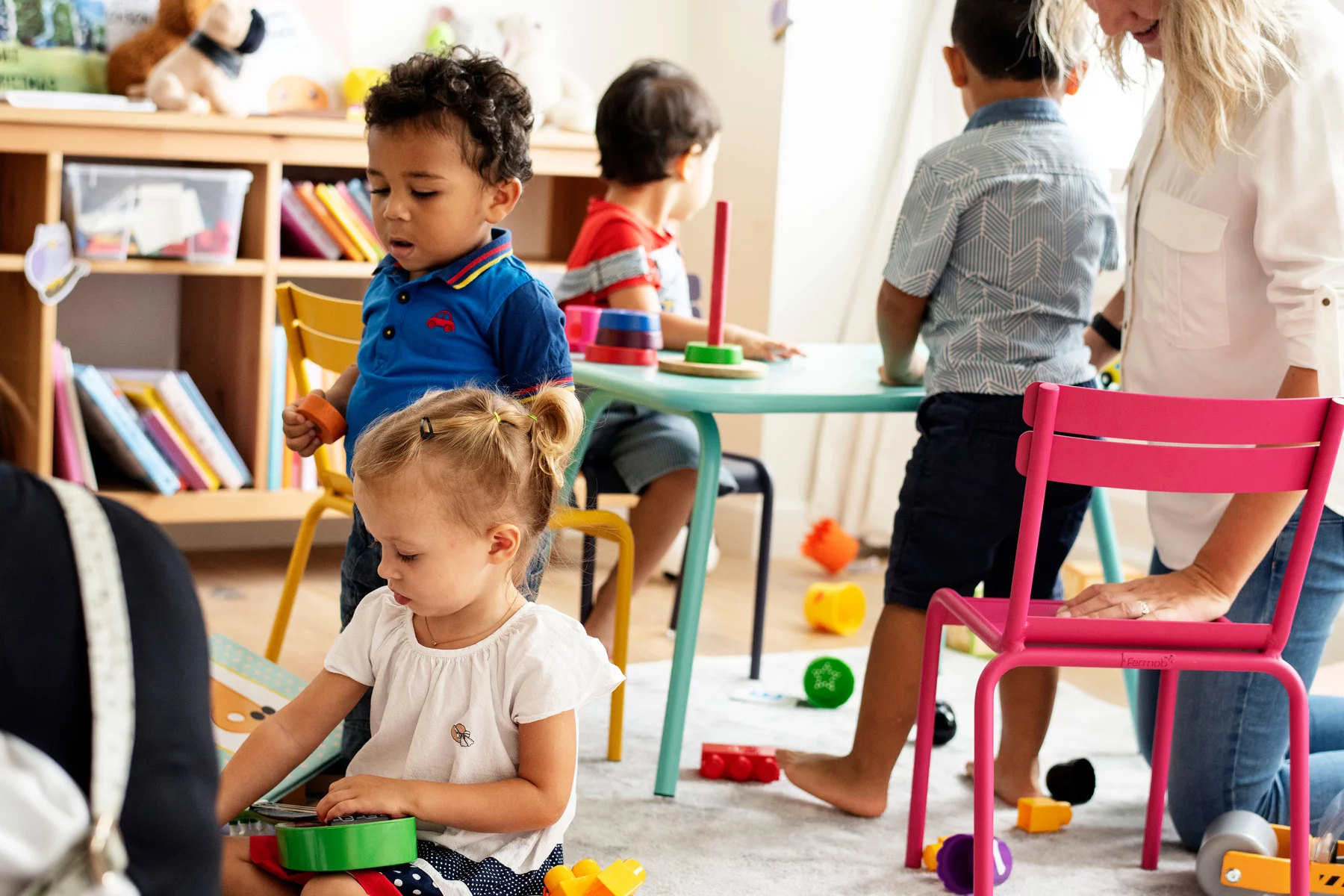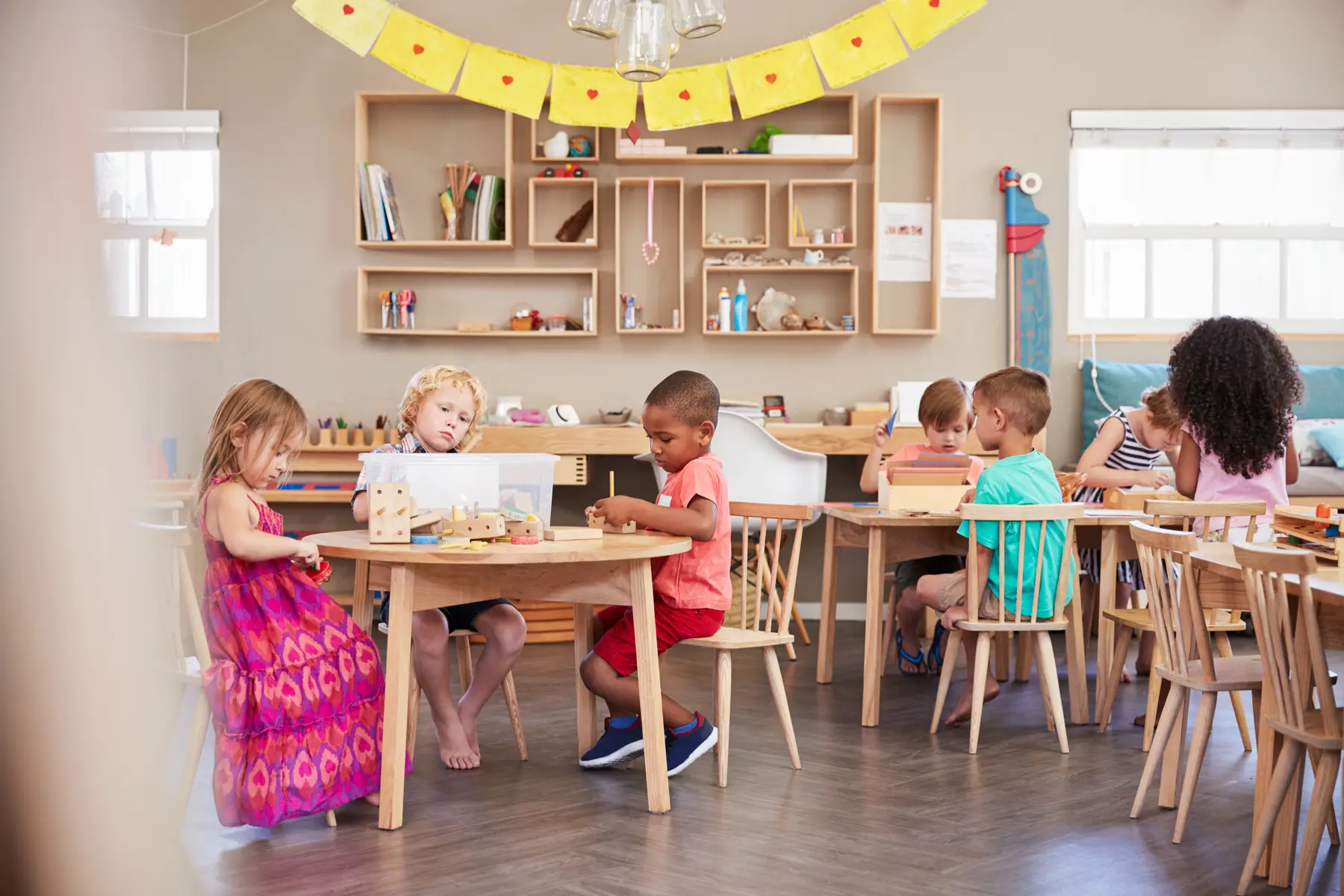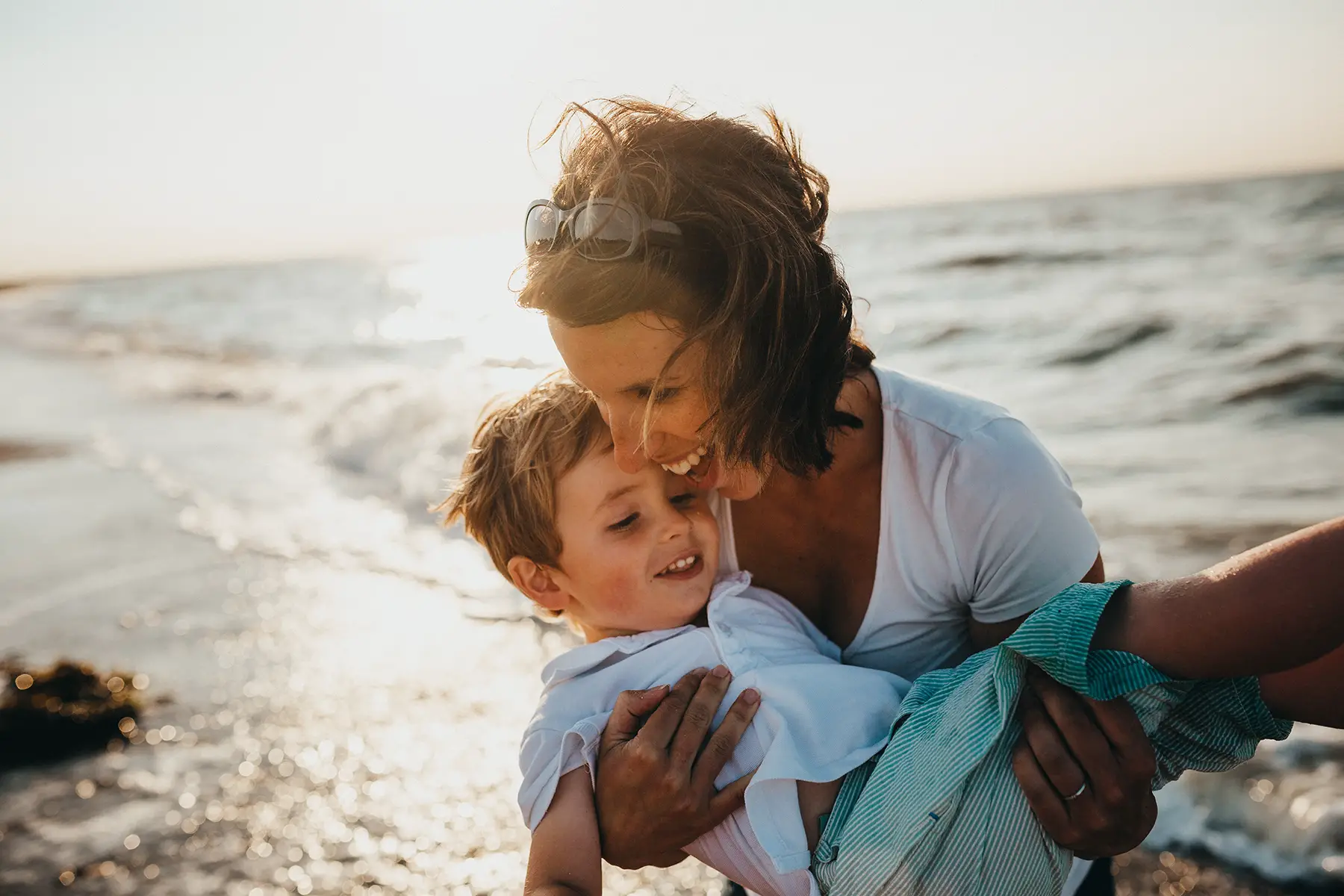Family in Austria is woven into the everyday fabric of life in the beautiful country. Furthermore, a solid work-life balance is essential for Austrians, which is good news if you wish to spend a lot of time with your loved ones.
As an expat parent moving to Austria, you will no doubt have many questions regarding things like childcare options, how to entertain your little ones, and how to make the relocation run smoothly for the whole family. Of course, this is added to the long list of more logistical things, such as relocating your belongings and importing pets.
But first things first, this article is here to settle your mind by providing insight into parenting and family life in Austria. It includes the following information:
- Family norms in Austria
- Parenting in Austria
- Childbirth in Austria
- Childcare in Austria
- Work and welfare for families in Austria
- Schooling in Austria
- Family health and wellbeing in Austria
- Family-friendly activities and attractions in Austria
- Parenting support and classes in Austria
- Bringing up teenagers in Austria
- Families with special needs in Austria
- Adopting and fostering in Austria
- Grandparents and the elderly in Austria
- Family pets in Austria
Sirelo
It's no secret that moving abroad can be stressful. Sirelo's team of removal advisers is here to help. They provide five free quotes from international shipping companies so you can find the best options at the best prices. Take the stress out of your relocation to Austria with Sirelo.
Family norms in Austria
Currently, the nuclear family is the most common household unit in Austria. Families are generally small, with only one or two children. In rural areas, however, the family tends to be larger with two to four children. Moreover, the extended family often lives close by. Notably, the family is at the core of the value system in Austria and people’s daily lives are built on a foundation of good work-life balance. Generally speaking, Austrians regularly spend time with their extended family, and Sunday is traditionally the day to do this. This is especially the case among those who live in the countryside.
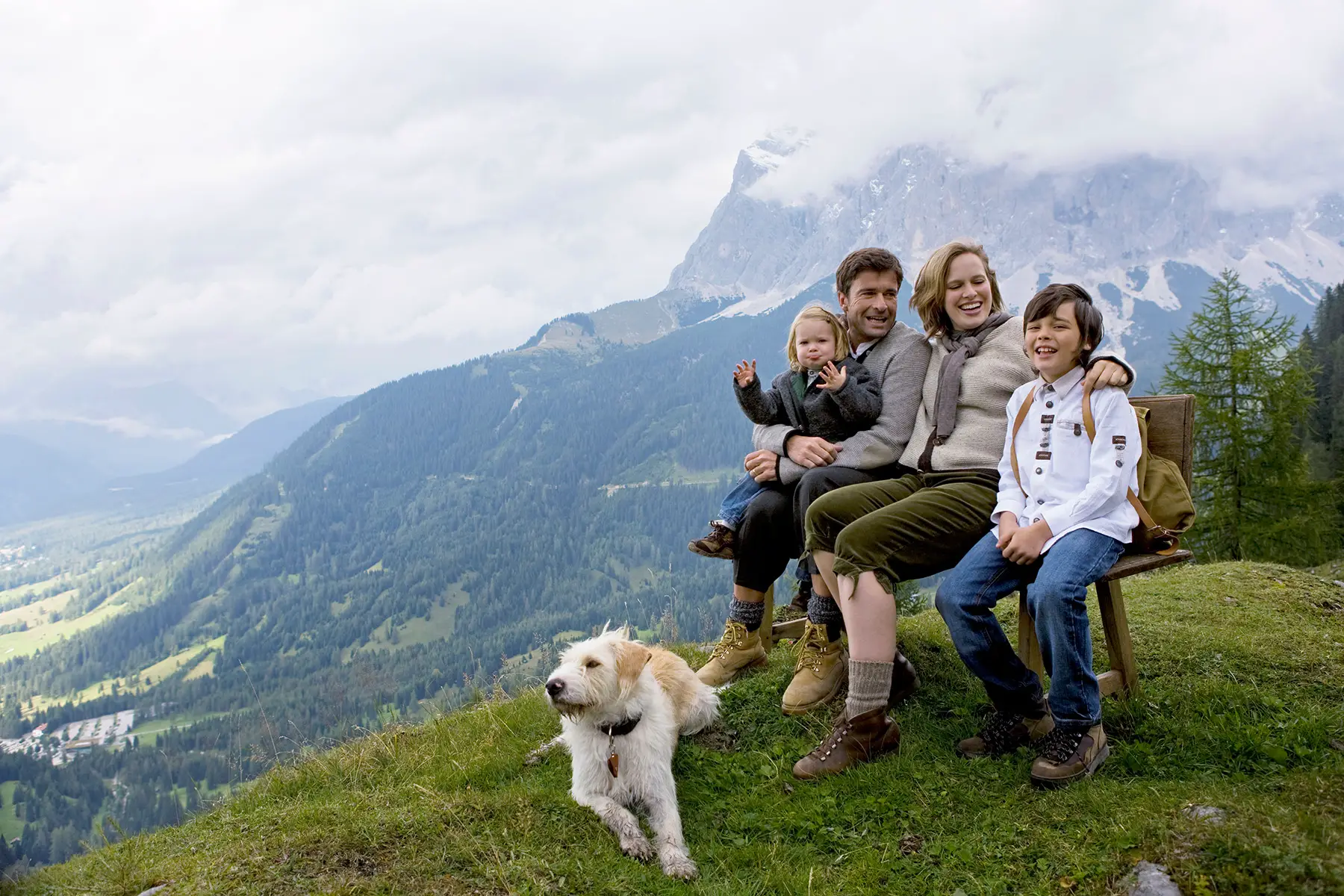
Traditionally, Austrian society held men as the head of the household. However, although this endures in rural villages, the trend nowadays with younger couples is more of equal partnership. Indeed, both parents tend to work outside the home and contribute towards raising their children and taking on household chores. That said, with flexible working arrangements becoming more available to new mothers, including the right to work part-time, more and more women are choosing to work less.
Another shift in tradition is the gradual rise in same-sex marriage and adoption, which were legalized in 2019 and 2015, respectively. Furthermore, lesbian couples are now able to access IVF treatments and artificial insemination in Austria. Although these changes are gradual, they will undoubtedly increase the number of families with same-sex parents in the years to come. You can read more about this in our guide to LGBT+ rights in Austria.
Parenting in Austria
In Austria, mother and father are called “mama” and “papa”. However, you will often hear children being referred to as the affectionate “Maus” (mouse) or “Schatz” (treasure). Typically, Austrian parents allow their children a good deal of autonomy. As a result, you will find little evidence of helicopter parenting in the country. Essentially, people in Austria, particularly in smaller towns, tend to help each other out when it comes to parenting. The atmosphere is, therefore, friendly and somewhat old-fashioned. Children are also encouraged to spend a lot of time outdoors and learn essential skills from an early age. This might include things such as baking and doing the laundry.
Childbirth in Austria
If you are thinking about having a baby in Austria, you will be pleased to know that this falls under the umbrella of Austria’s incredibly high standard of healthcare. Once you have arranged your health insurance, you can choose your own doctor, or ask around for a referral. Just make sure that the doctor you choose accepts your insurance carrier.
After your obstetrician has confirmed your pregnancy, you will receive a Mutter-Kind-Pass (Mother-Child-Booklet), also known as a ‘MuKi’. This will take you through all your appointments, vaccines, and tests for both you and your child, right up until their fifth birthday. Fortunately, antenatal appointments are extremely well planned out in Austria and provide you with all the information you need during your pregnancy.
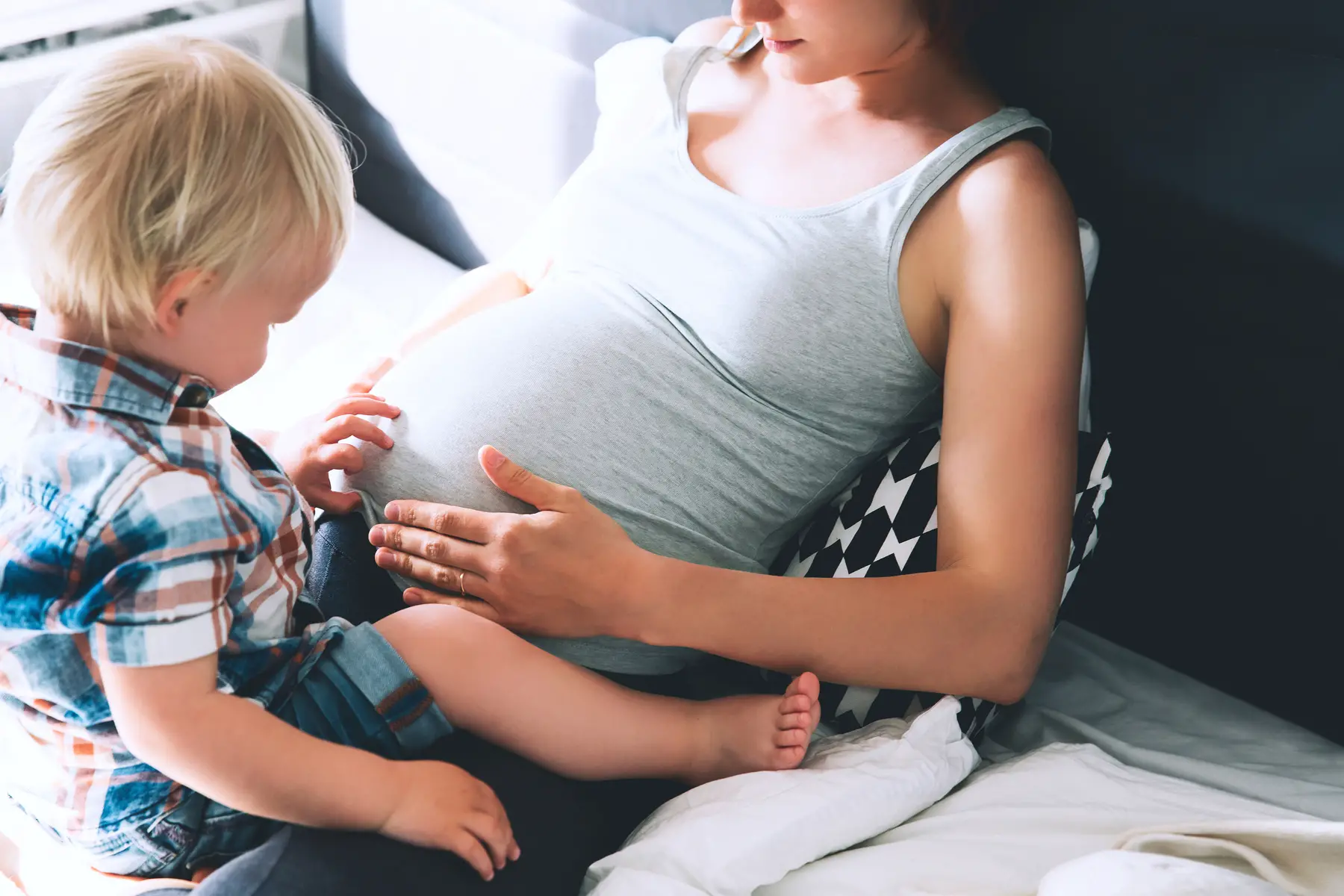
It is important to be aware that you need to have a doctor’s confirmation before your 14th week of pregnancy to access all the benefits of your health insurance. Your doctor will give you all the documents you need for your 16 weeks of maternity leave. When you get closer to your due date, you will also receive help from a midwife who can answer all your questions and prepare your birth plan.
Childcare in Austria
Austria has a universal childcare program, which means that it is open to all pre-school-aged children. The standard of childcare is very high throughout the country, and ranges from preschool to afterschool daycares, crèches, nannies, childminders, and au pairs. These include public and private institutions (with subsidies) and personal arrangements.
Furthermore, most Austrian residents are eligible for childcare allowance to assist with the cost of childcare, and maternity leave is generous. Interestingly, unlike in some European countries, vaccinations are voluntary in Austria and your child does not need to present any certificates to enroll in a daycare center or school. Typically, public childcare in Austria includes learning with supervised playtime.
Work and welfare for families in Austria
As mentioned, Austria offers a universal Familienbeihilfe (child benefit). Employers’ contributions and taxes pay for the scheme which covers a child up to the age of 18. Parents also have the right to child tax credit and a child-raising allowance. Notably, child benefit is granted on application only, and ultimately, the amount depends on the age of the child. A multiple-child bonus of €20 per month is also available if you have a third child and any more after that.
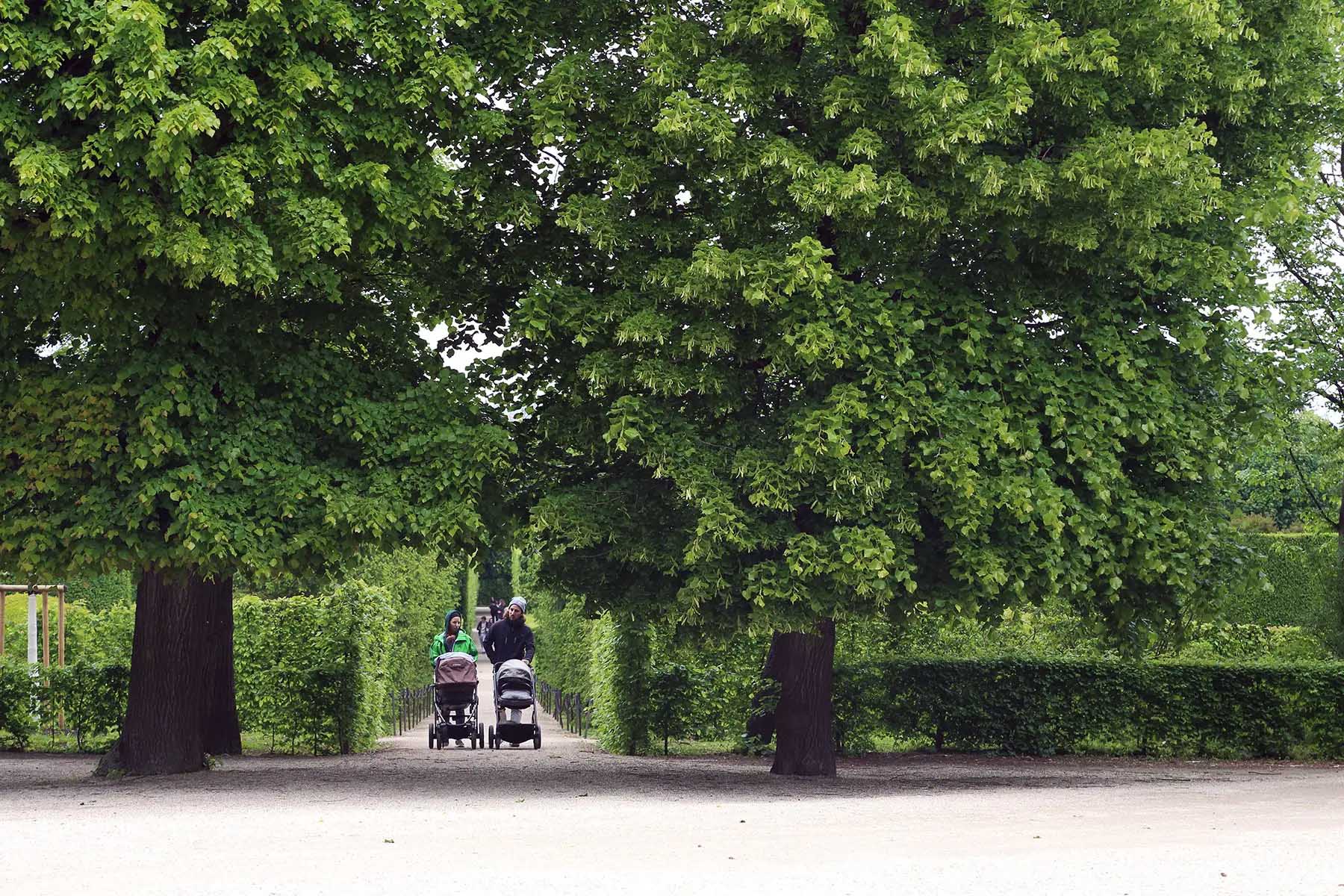
New mothers in Austria also have the right to flexible working arrangements, including the right to work part-time after they have had a baby. Additionally, they may be able to claim single-earners or single-parents tax allowance. You can use this online calculator (in German) to find out how much family allowance you can receive.
Schooling in Austria
Fortunately, the quality of schooling in Austria is high and the country performs above the OECD average in both science and math. Lessons in state schools are taught mainly in German but students are also required to study a second language. Schools in Austria are compulsory from ages six to 15, which covers primary, junior high, and secondary schools.
Around 90% of students in Austria go to state schools that are free to attend and funded by the government, while 10% go to one of the 600-odd private educational institutions. Under Article 17 of the Basic Law on the General Rights of Nationals, anyone has the right to set up a private school and these exist at all levels of schooling in Austria.
Family health and wellbeing in Austria
Fortunately, your little ones will be in very safe hands when it comes to children’s healthcare in Austria. Everyone in Austria has access to medical care and the children of expats will automatically have health insurance coverage under the working member’s insurance scheme. Primary pediatric care typically runs through General Physicians and General Pediatricians, and most people go to one who is under contract with their social insurance, and therefore free. Be aware, though, that this does result in longer waiting times.
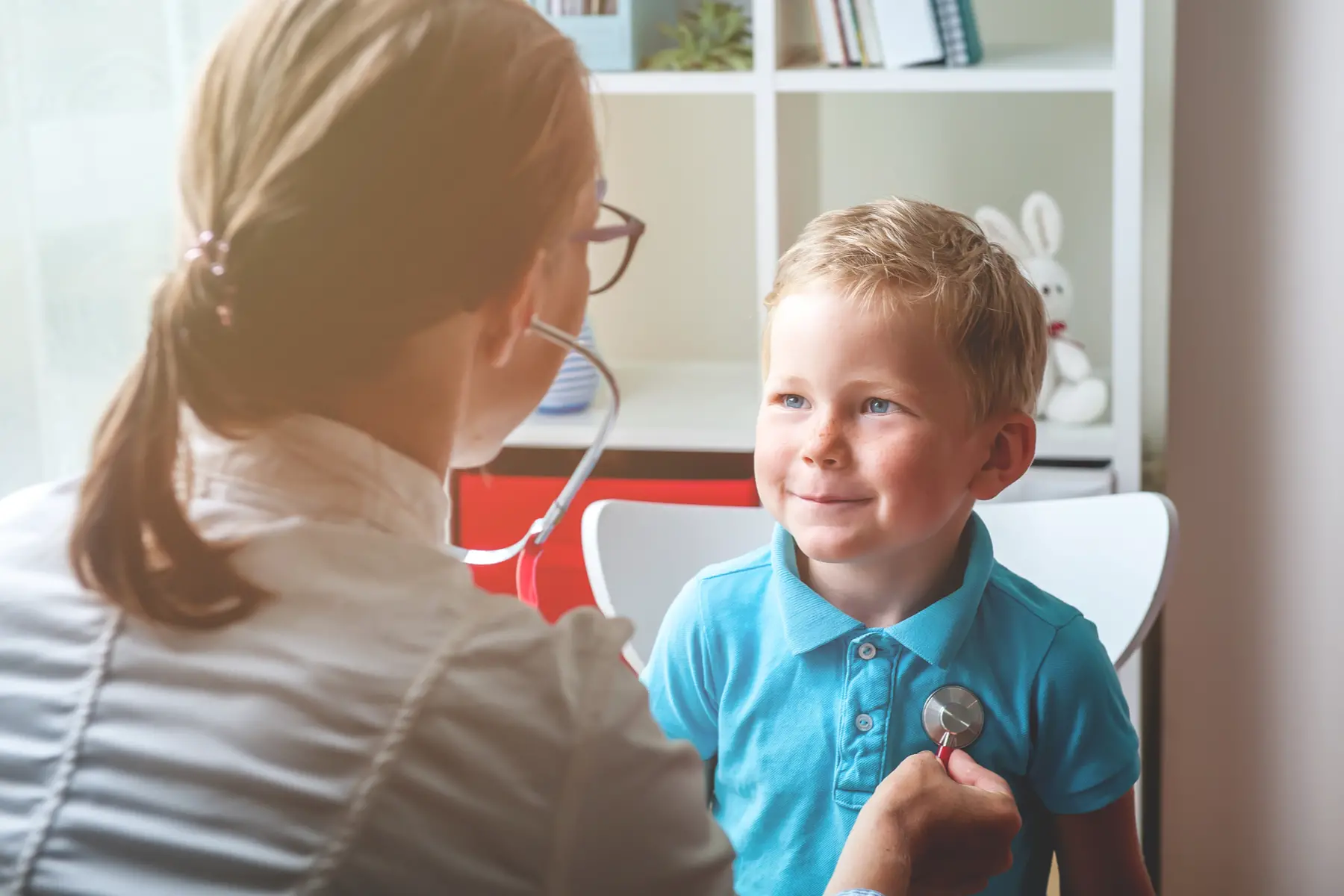
As a result, there are more pediatricians providing private healthcare. In these cases, parents will pay the fee at their appointment and claim a percentage back from their insurance later. Private health insurance also allows for access to a higher standard of wards in Austrian hospitals, as well as cost-free medication, glasses, contact lenses, and more. That said, the general quality of care offers little difference from what public insurance provides.
Importantly, all private health insurance providers in Austria are highly regulated by the Financial Market Authority. The leading groups are Allianz Care and Cigna Global. Both offer a range of plans to suit all people and situations. Generally, the older you are the more you will pay. For example, a plan for children below 18 could cost around €30 per month. However, the same plan for someone above 65 may cost as much as €450 to €500 per month. Additional factors include both gender and pre-existing conditions.
Family-friendly activities and attractions in Austria
Skiing in the lush Alps might be the first thing that springs to mind when you think of family-friendly activities in Austria, and it certainly is the main one. However, beyond the slopes, there are numerous child-friendly activities to enjoy when living in Austria. From underground salt mines and royal toy museums to iconic amusement parks and enchanted fairytale forests, there is more than enough to spark their imaginations.

Furthermore, Austria is generally very family-friendly and boasts an abundance of child-friendly restaurants, parks, and outdoor nature spots. Beyond this, there is also a plethora of exciting festivals and fairs that take place throughout the year. Just check out our roundup of the top 10 things to do with kids for some inspiration.
Parenting support and classes in Austria
Austria’s diverse Child and Youth Welfare Service includes parental education, family counseling offices, and things like psychological therapy. Additionally, there are services such as The Human Safety Net, which provide support for families with young children and integrate refugees through work.
Of course, like in most countries with a large expat population, there are plenty of groups that enable like-minded expats to meet up and socialize. Some of the most popular ones include Meetup, Girl Gone International, and Vienna Expats. These are good options for making new friends and exchanging helpful information with those in a similar situation.
Bringing up teenagers in Austria
As mentioned, Austria is a very family-centric country with a solid work-life balance. As such, families typically spend a great deal of time together. Austria is also quite a safe country with one of the lowest crime rates in the world, and one where teenagers can enjoy their independence while being relatively safe.

A thriving café culture means that there are plenty of places for teens to meet up with friends, as well as Austrian youth information centers throughout the country that specialize in providing free support and information on any subject they are grappling with.
Typically, when teens begin employment or start their tertiary education, they will move out of their parents’ home to live in their own apartment or with friends. That said, with housing being somewhat competitive, there is a growing trend of young adults staying at home while they study or even moving back after they graduate.
Families with special needs in Austria
Notably, the inclusion of children with special educational needs (SEN) has long been part of the law in Austria. Subsequently, learners with SEN have access to all the means that enable them to participate in the local educational system. Pre-schools also have the ability to care for children with higher education and care needs.
Adopting and fostering in Austria
In Austria, a child may be adopted by a married couple, a single person, or by registered partners. However, the adopting person must be at least 25 years of age. The suitability of the adopting person will be assessed by the youth department of the relevant district authority, the municipal executive, and the youth and family office.
Applicants need to be prepared to wait for at least two to three years to complete the adoption process. Notably, single people and couples with biological children generally have a lower chance of being able to adopt a child. Furthermore, if the child’s biological parents have died, relatives of the deceased have a better chance of being able to adopt the child.
Grandparents and the elderly in Austria
In Austria, grandmothers and grandfathers typically go by the affectionate German terms “Oma” and “Opa“. In rural areas, people often live near their extended family, and grandparents usually assist with childcare. However, this is less common in cities where government and private childcare is more relied upon. Either way, large weekly family meals are common and extended family are often included in family leisure activities.
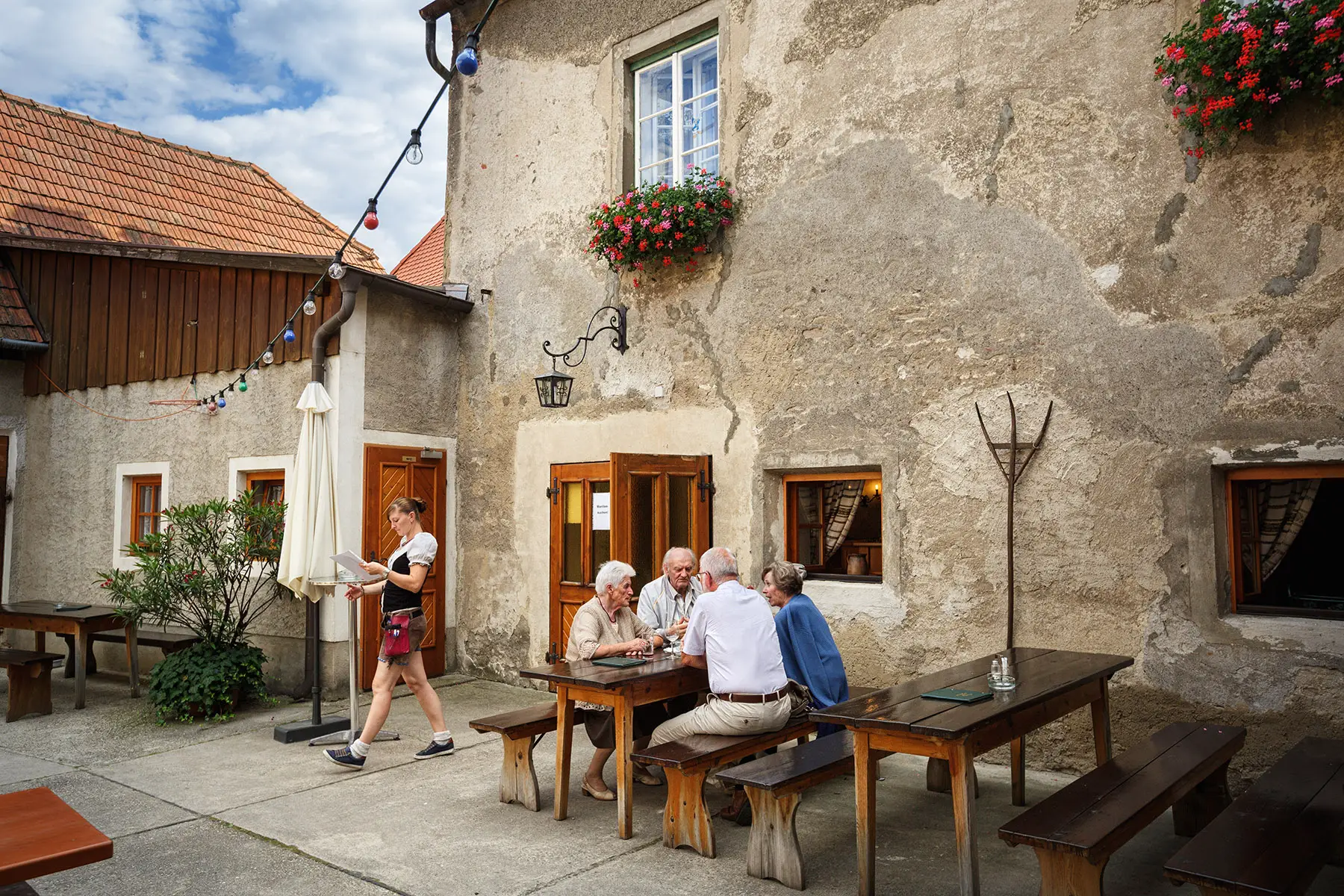
There is also a general understanding in Austrian culture that adult children will care for their parents when they enter their twilight years. Traditionally, they would even live with their children until the event of their death. In recent times, however, it is more common for the elderly to live in retirement homes. You can read more about retiring in Austria in our helpful guide.
Family pets in Austria
Fortunately for animal lovers, pets are common and much-loved in Austria. Amusingly, there are more cats than children in the country; 1.5 million versus 1.25 million. In addition, all modes of public transport allow dogs. In fact, there are very few animals at all that are not allowed as pets in Austria. Those that are banned, however, include a selection of dangerous reptiles and spiders as well as monkeys and big cats.



